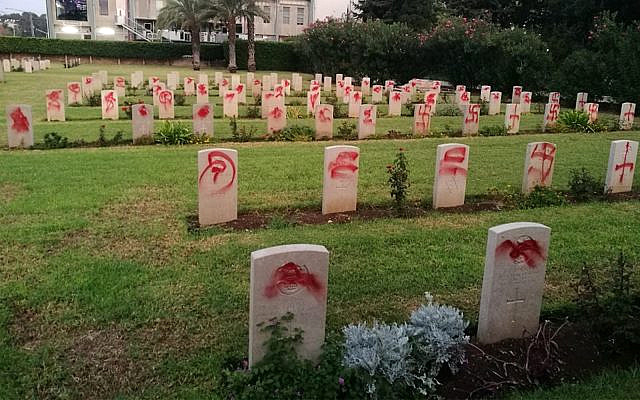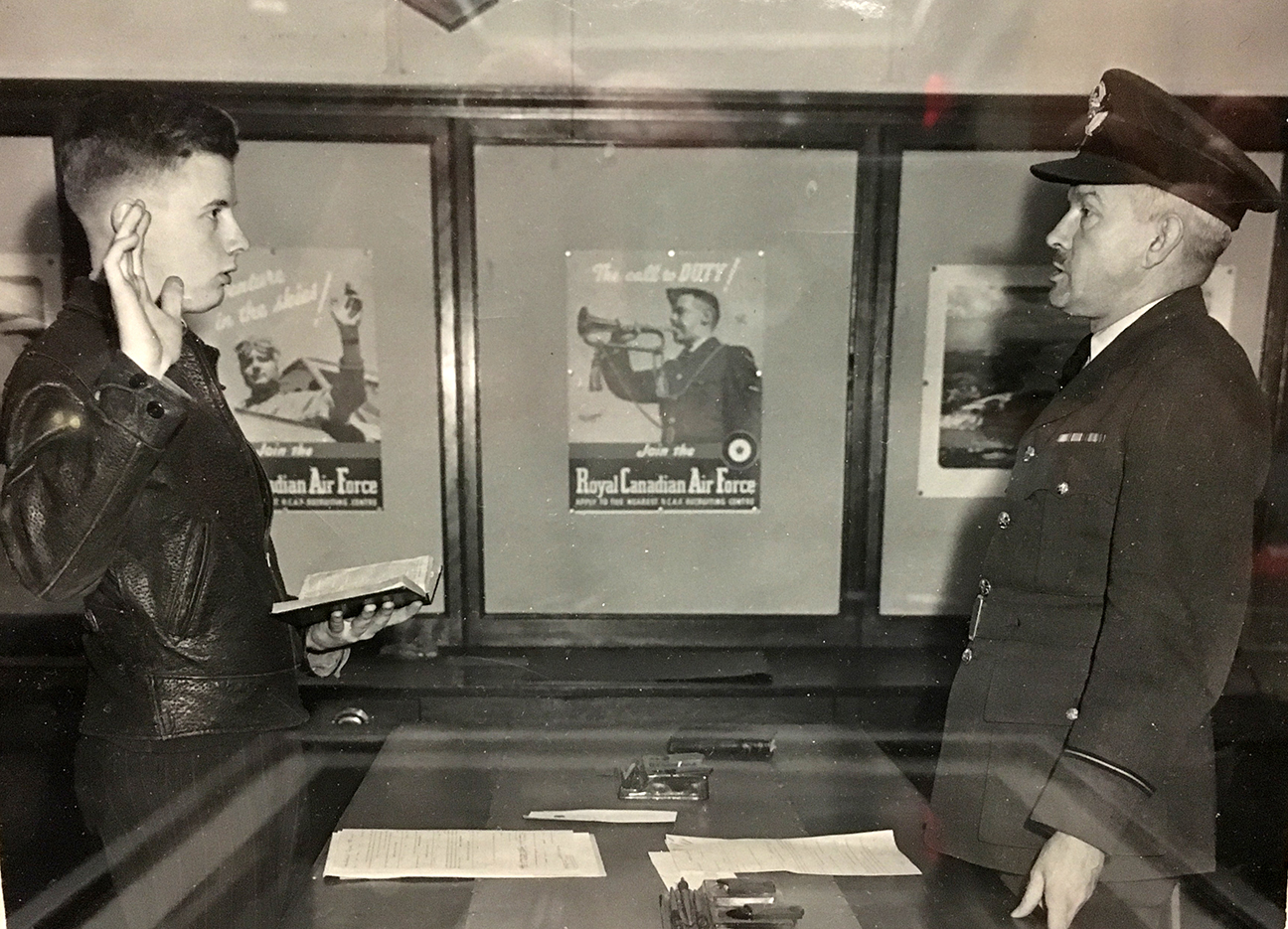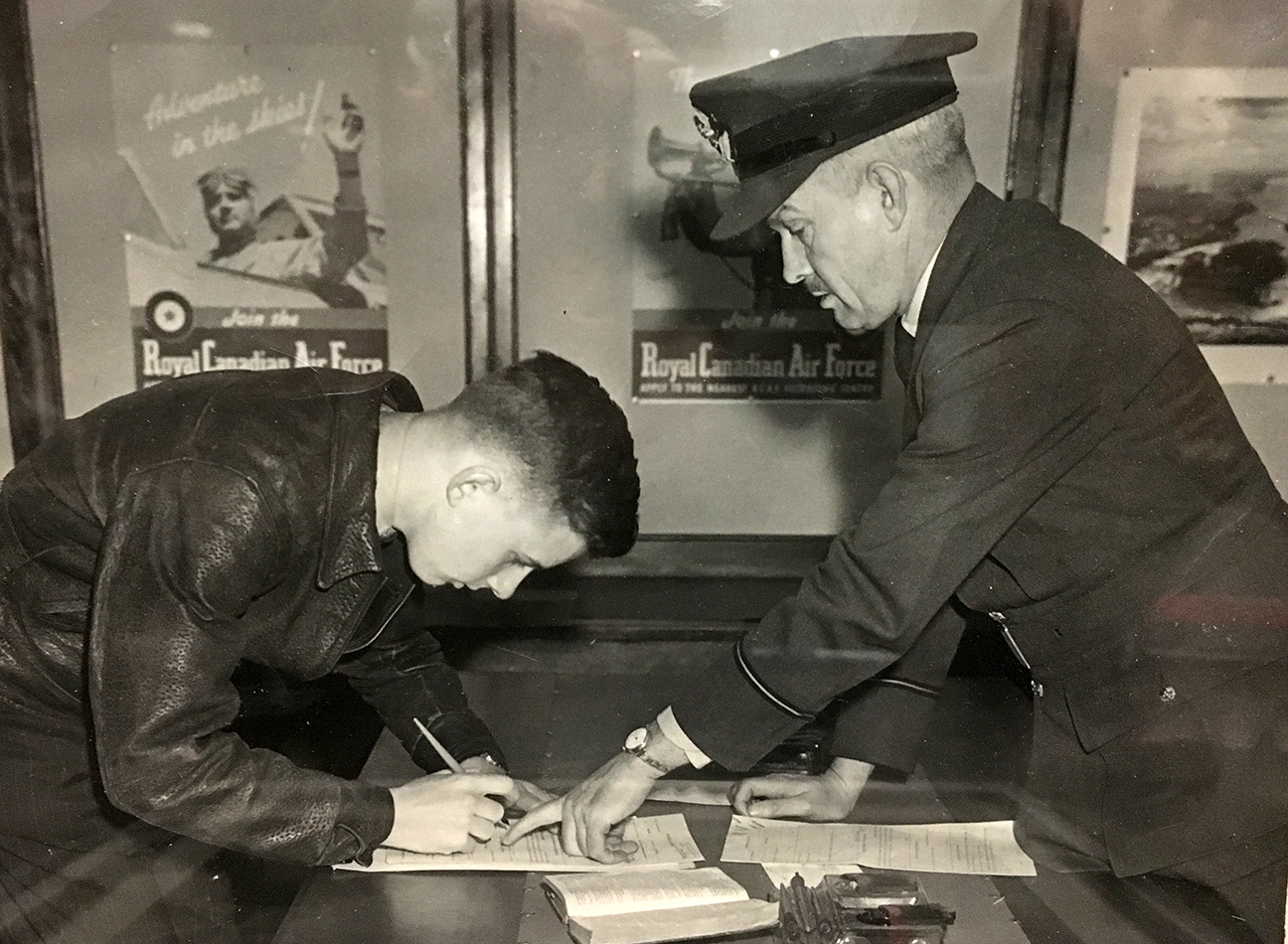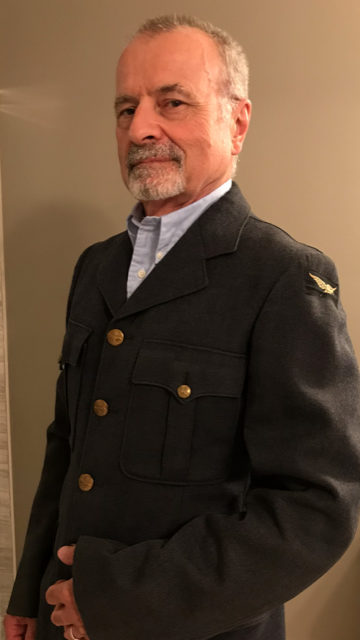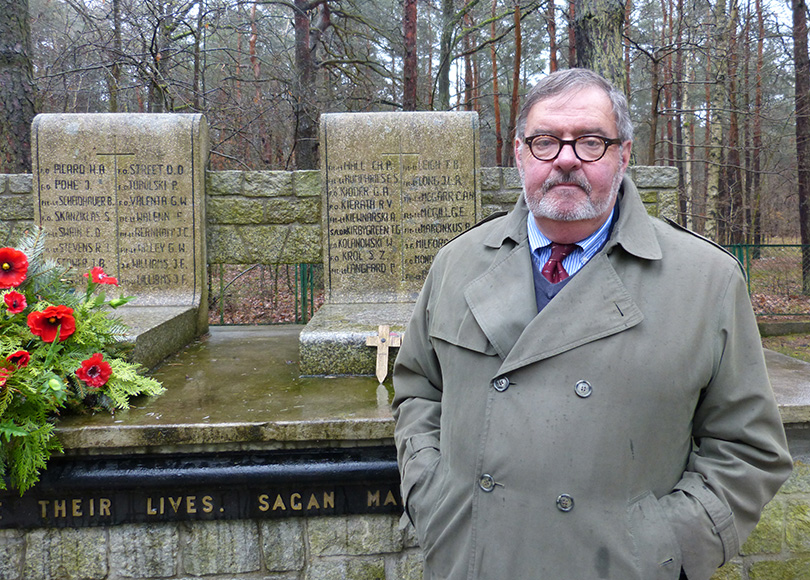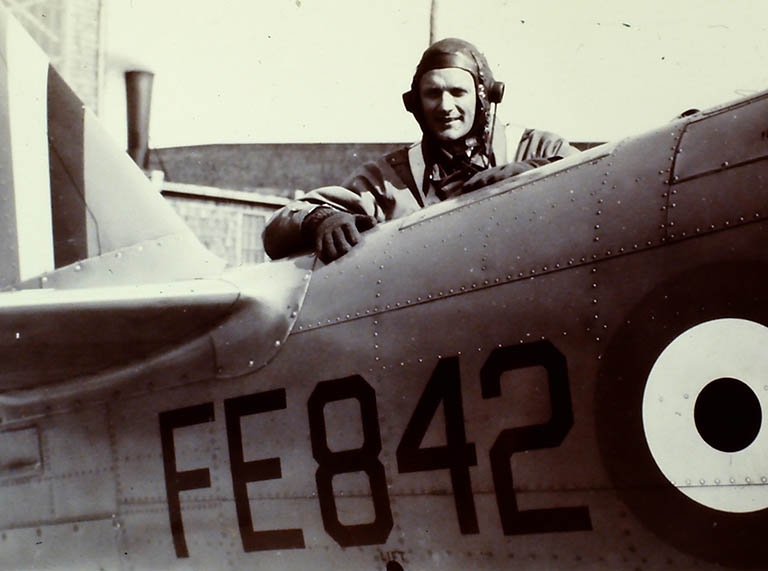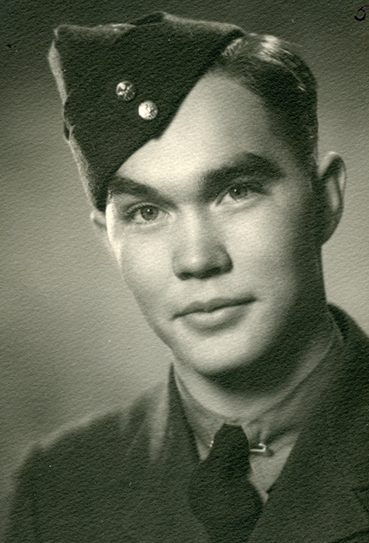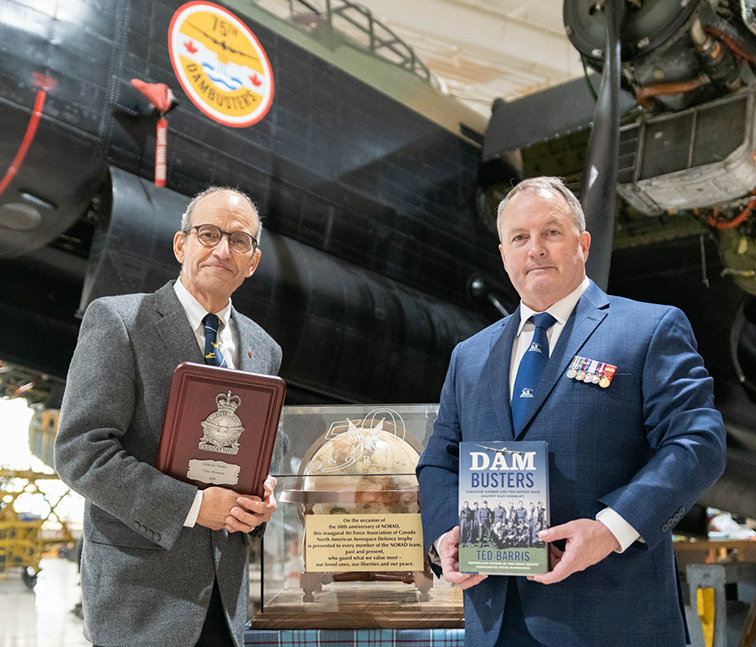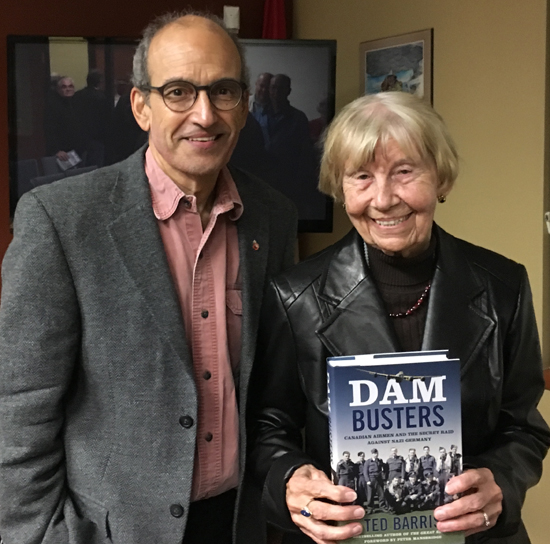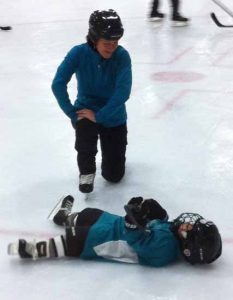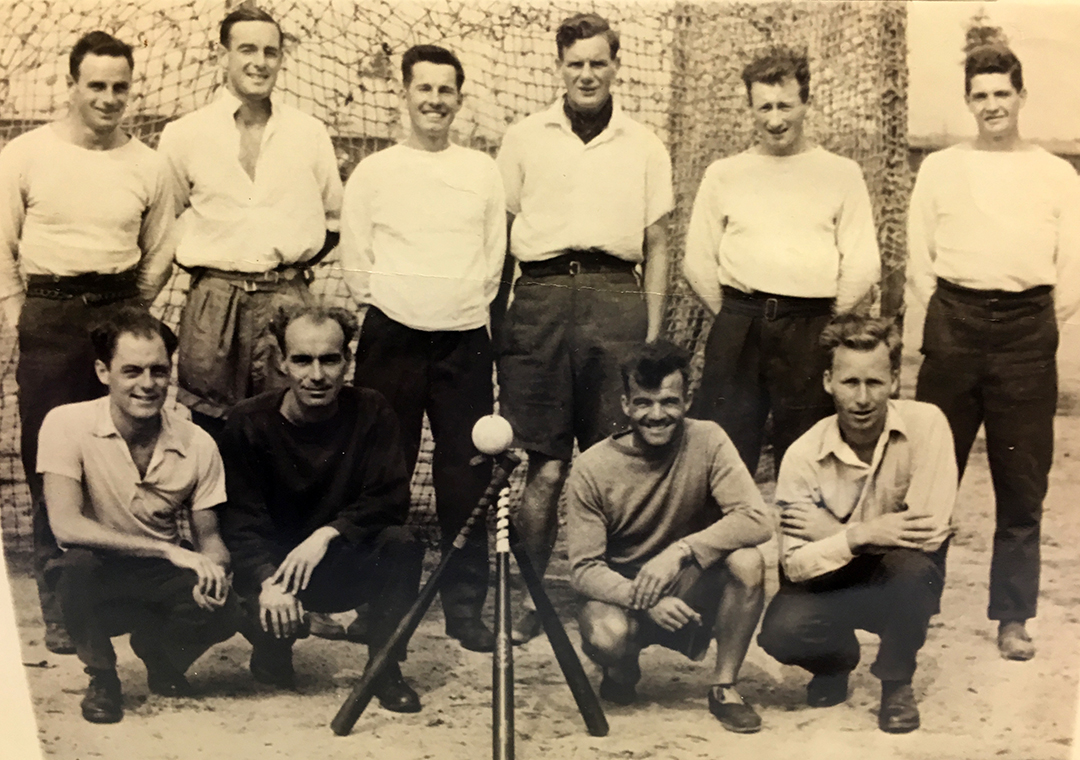
It wasn’t quite the fall classic, but it did happen in the fall … the fall of 1943. Sometime into the fourth of fifth inning of this baseball game, the umpire behind the plate threw up his hands and marched to the mound. A man in ordinary pants and shirt, and a pair of well-worn Air Force boots stood where the mound should’ve been (were this an official baseball park, but it wasn’t) and waited to hear what the umpire had to say.
“Bill, the Americans haven’t managed to hit the ball out of the infield,” Larry Wray said to pitcher Bill Paton. “Let’s make this game a little more competitive.” (more…)
